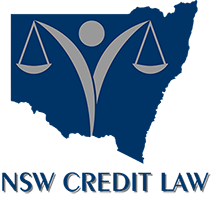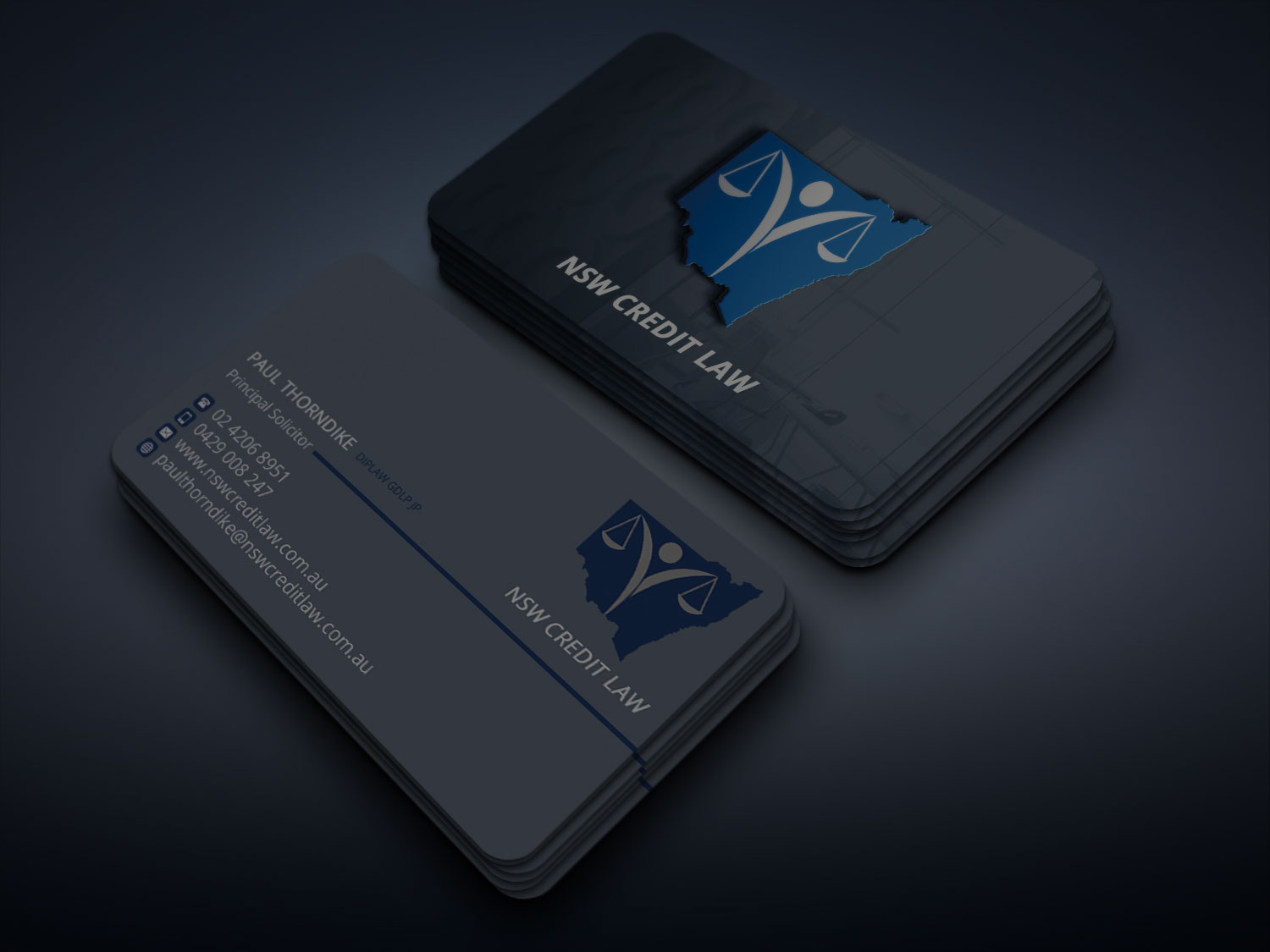Ethical Obligations of Lawyers in NSW
Ethical Obligations of Lawyers in NSW Lawyers in New South Wales, Australia, are ethically bound by a combination of professional and ethical standards, including legislation, regulations, and codes of conduct. The key laws and regulations that govern the ethical conduct of lawyers in New South Wales include: Legal Profession Uniform Law (NSW): The Legal Profession Uniform Law (NSW) governs the practice of law in New South Wales and is the primary legislation that sets out the regulatory framework for lawyers. It establishes the Legal Services Commissioner and the Legal Services Council, which oversee legal practitioners' conduct and professional standards. Legal Profession
The festive fob off
Where does the phrase fob off come from? Fob off comes from the Middle English word fobben, most probably derived from the German foppen, which means to fool, trick or deceive. The term fob off reached its peak of popularity in the mid-1700s, but surprisingly, has made a huge comeback in the last fifty years. However, particularly in Australia we tend to find it makes a huge comeback around the Christmas and New Year festive period, especially with your debtors. The Merriam-Webster dictionary provides the definition of this verb as: To put off with a trick, excuse or inferior substitute; or To pass off
What you can and cannot do when engaging in debt collection activity
Many clients are not aware that creditors, debt collection agents and solicitors engaging in debt collection activity are governed by national guidelines, specifically the Debt Collection Guideline for Collectors and Creditors (the “Guideline”) which was last updated in April 2021. The Australian Competition and Consumer Commission (ACCC) and the Australian Securities and Investments Commission (ASIC) jointly produce the Guideline. ACCC and ASIC enforce Commonwealth consumer protection laws, including laws relevant to debt collection. The Guideline applies to both creditors who are directly involved in debt collection and to specialist external agencies who provide debt collection services. Therefore, not only are debt collection
NSW CAPI AGENTS – Drone Surveillance
NSW CAPI AGENTS is now conducting drone surveillance in the Sydney and Illawarra regions. NSW Credit Law also incorporates NSW CAPI AGENTS. NSW CAPI AGENTS are licensed commercial and private inquiry agents. NSW CAPI AGENTS provides the following services to its clients in a discreet and professional manner: Process service Field calls Investigations and surveillance - now including drone surveillance Skip tracing - location services Repossessions Obtaining repossession orders and related legal services Commercial entity credit enquiries and mercantile defaults ASIC searches Land title searches Professional skip trace database searches
Internal Debt Collection Tips for Clients
Debt Collection in Australia When you are contacing your clients to chase overdue accounts then you are engaging in debt collection activity and you have to be aware of an abide by the national guidelines. In Australia, debt collection is regulated by the Australian Securities and Investments Commission (ASIC) and the Australian Competition and Consumer Commission (ACCC). These regulatory bodies have established guidelines to ensure that debt collection practices are fair and transparent. Here are some key guidelines to be aware of: Fair Debt Collection Practices: Debt collectors must act fairly, reasonably, and without harassment or coercion. They should not use deceptive
Commercial Loan, or not?
Commercial Loan v Consumer Loan In Australia, commercial loans and consumer loans are two distinct types of financial arrangements, each designed for different purposes and regulated differently. The main differences between these two types of loans are as follows: 1. Purpose: • Commercial Loan: Commercial loans are typically intended for business purposes. They are used by businesses to fund various needs, such as working capital, purchasing commercial real estate, acquiring equipment, or expanding operations. • Consumer Loan: Consumer loans are primarily meant for personal use by individuals. Consumers use them to finance personal expenses, such as buying a car, home renovations, paying for
Tearing Down The House
The recent voluntary appointment of administrators at the debt collector Collection House should serve as a warning to debt collection firms that still push the boundaries of the guidelines and legislation that govern the industry. Last week Collection House appointed FTI Consulting as voluntary administrators to develop a plan to save the business which was discredited by a 2019 report prepared by Financial Counselling Australia, Consumer Action Law Centre and Financial Rights Legal Centre. The report highlighted Collection House and subsidiary Lion Finance as the debt collection agency with the highest number of court applications to put vulnerable debtors into bankruptcy. The 2019
Don’t trust a trust!
Want to sue a Trust? You cannot! KEY TAKEAWAY: ALWAYS IDENTIFY THE TRUSTEE WHEN ENGAGING WITH A TRUST AND ASK FOR A COPY OF THE TRUST DEED. A trust is a legal relationship where a person, known as the "trustee," holds and manages assets or property for the benefit of another person or group of people, known as the "beneficiaries." The trustee has a legal obligation to act in the best interests of the beneficiaries and manage the trust assets according to specific terms and conditions outlined in a trust deed or agreement. Here are some key characteristics and concepts related to trusts
ATO Tax Debt Default Data
NSW Credit Law partners with CreditorWatch to provide its clients with credit reports on its commercial customers and debtors. Would you like to know if your customers have a large debt with the ATO? CreditorWatch is currently the only credit bureau in Australia reporting on this information. The ATO is Australia’s largest creditor responsible for the largest number of company windups in 2019. Historically, businesses would take on debtors with undisclosed tax debts and be caught off guard when the first mention on financial instability appearing when the ATO began wind up procedures. With the new legislation now in effect, creditors will have additional
Tax deductions for unrecoverable income (bad debts).
It is the time of year when most business owners are thinking about their tax returns and of course looking at ways to reduce their tax liabilities for the financial year. One way to reduce your liability is to make sure that you claim a deduction for debts. By referring your debts to a debt collection agency or solicitor for debt recovery you can then write off that debt and you may be able to claim a deduction for income that cannot be recovered from a customer or debtor. This unrecoverable income is also known as a 'bad debt'. Income tax and











